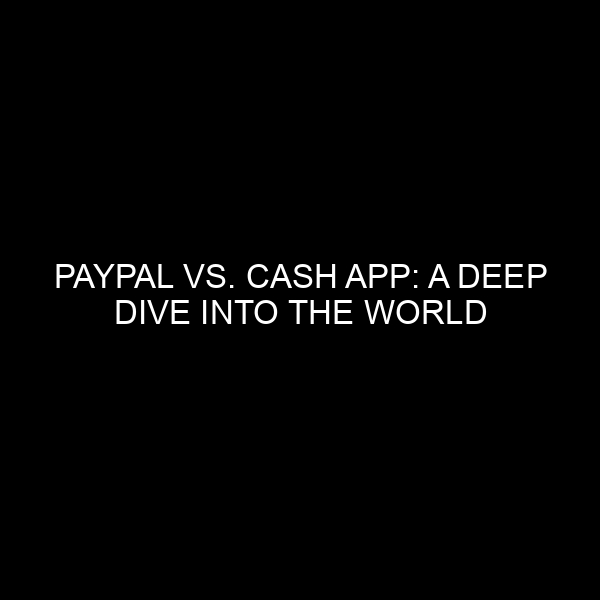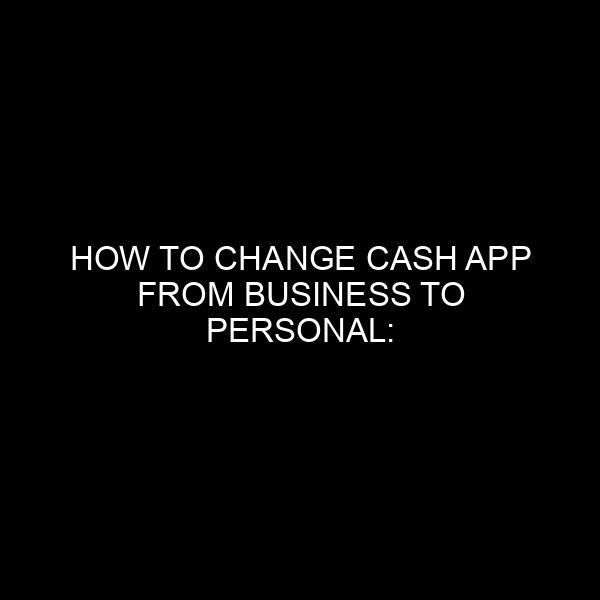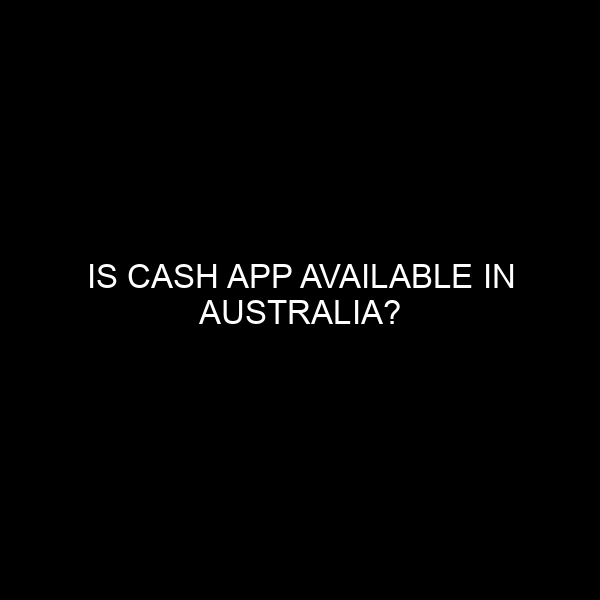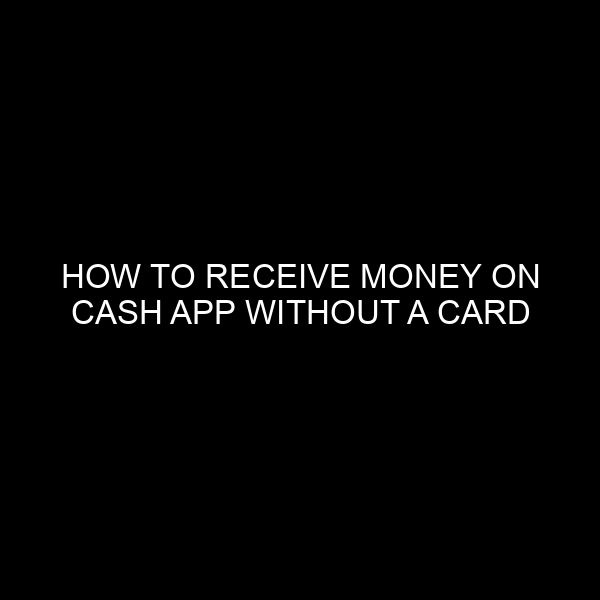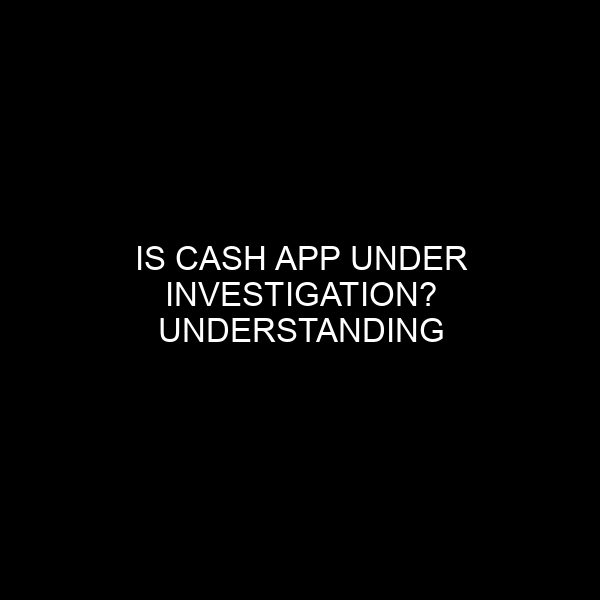Cash App vs. Zelle: Which is Safer to Use?
In today’s digital age, transferring money is easier than ever before. Platforms like Cash App and Zelle have revolutionized how we manage and send our money. But, as with all financial tools, one question remains paramount: which of these platforms is safer to use? As someone with a background in the financial market and banking industry, I’ve delved deep into both these platforms to help you make an informed decision.
A Brief Overview: Cash App and Zelle
- Cash App: Launched by Square Inc. in 2013, Cash App offers a plethora of financial services, from money transfers to bitcoin trading. The platform is designed primarily for peer-to-peer transactions but has evolved to offer a broader spectrum of services over time.
- Zelle: Introduced by a consortium of American banks and credit unions in 2017, Zelle is a fast and easy way to send and receive money directly between almost any U.S. bank accounts. The service is incorporated into the existing bank apps, ensuring it has the backing and trust of established financial institutions.
Safety Measures: An Overview
Cash App’s Safety Protocols:
- Encryption: Cash App uses strong end-to-end encryption to protect data. This ensures that your transaction details remain private.
- Fraud Detection: The platform incorporates machine learning algorithms to spot and prevent suspicious activities.
- Account Protection: Two-factor authentication and PIN login can be set up for additional security.
Zelle’s Safety Protocols:
- Bank-Level Security: Since Zelle is integrated into banking apps, it benefits from bank-level encryption and security measures.
- Real-Time Alerts: Users are notified immediately about any account activity.
- Trust of Major Banks: Zelle’s backing by major banks ensures regular audits and strict security compliance.
The Advantage of Established Financial Institutions
When evaluating safety, Zelle’s integration with well-established banks and credit unions cannot be overlooked. These institutions have a history of safeguarding consumer funds and have stringent security protocols in place. In addition, being under the regulatory purview ensures that they maintain high standards of security and compliance.
User Experiences & Reported Issues
Cash App: While Cash App has implemented a range of security measures, some users have reported phishing attempts and unauthorized transactions. However, it’s essential to note that many of these issues stem from user behavior, such as sharing account details or falling for scams.
Zelle: Given its bank integration, Zelle sees fewer instances of unauthorized transactions. Still, there have been cases where users were duped into sending money to scammers. Once again, user awareness and cautious behavior can prevent such occurrences.
Best Practices for Safe Usage
Regardless of which platform you prefer, following these safety tips can ensure your money stays protected:
- Never Share Personal Details: Be it PINs, passwords, or transaction details, never share this information.
- Beware of Phishing Attempts: Always verify the identity of those asking for money transfers or account details.
- Use Strong, Unique Passwords: This can significantly reduce the risk of unauthorized access.
- Enable Two-Factor Authentication: If available, always use two-factor authentication for an additional layer of security.
- Regularly Monitor Account Activity: Promptly review your transaction history and report any suspicious activity.
Conclusion: Which is Safer – Cash App or Zelle?
Both Cash App and Zelle have robust security measures in place. Zelle, with its integration into the established banking system, might have a slight edge due to bank-level security protocols. However, Cash App, with its range of safety features, is not far behind.
Ultimately, safety often comes down to user behavior. By adhering to best practices and being cautious of scams and phishing attempts, users can ensure their funds remain secure on both platforms.
In conclusion, while both platforms are designed with safety in mind, Zelle, due to its ties with major banking institutions, might offer a smidge more trustworthiness. But the responsibility to maintain that safety largely rests in the hands of the user, regardless of the platform chosen.


